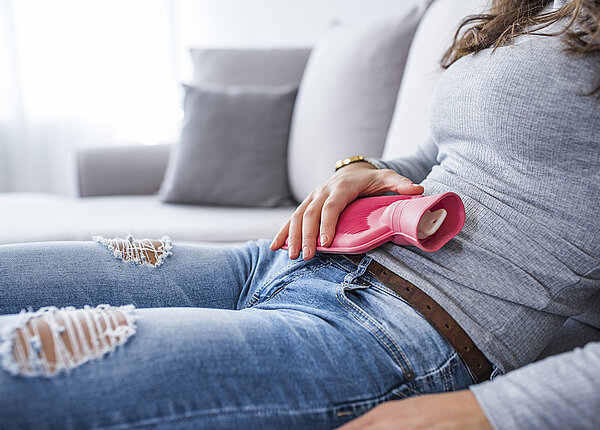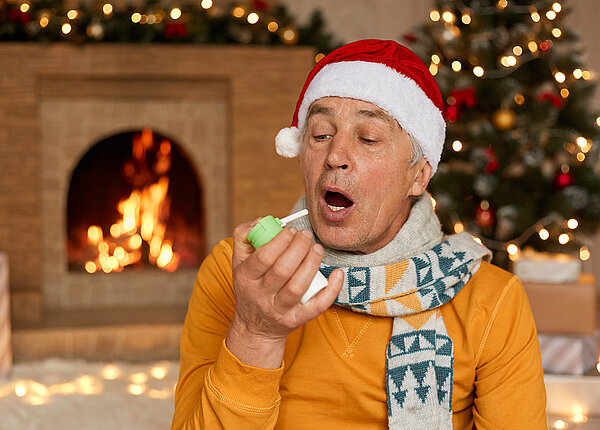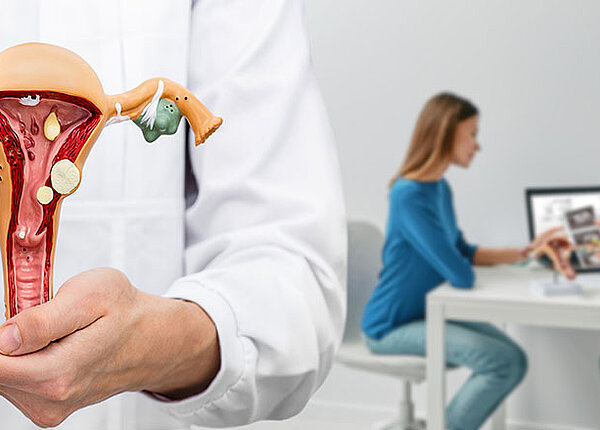English for PTA
TODDLERS’ TEETH
Seite 1/1 3 Minuten
Dental care should actually begin before birth, when the mother should be mindful of nutrition. It is essential from the start to clean the child’s gums either with a soft damp cloth or with a baby toothbrush using clear water. As soon as the first teeth appear, use a baby toothbrush with a very small amount of toothpaste. At the beginning, it might be better to use a non-fluoride toothpaste, as many children can’t control the swallowing reflex at an early age. There are, or course, other things that should be taken into account …
Pharmacy customer: Hello, do you speak English?
PTA: Hello. Yes, I do. What can I do for you?
My little boy has just got his first teeth and I was wondering about dental care. You know, brushing or not, or using a soft damp cloth, as I have been doing up to now.
Do you have a baby toothbrush?
No. I was thinking of buying one, but I thought it would be more sensible to come to you instead of going to a drugstore.
I agree with you there, not just because I work here! So, here is a baby toothbrush.
Thank you. What about toothpaste?
Would you like one with fluoride or without?
Oh! Where is the difference?
The non-fluoride toothpaste has the advantage that, if the child swallows it, it won’t do any harm to the child.
I thought that fluoride was important for the teeth.
If children get too much, either by swallowing toothpaste, or taking fluoride supplements, they might get fluorosis.
Fluorosis, what’s that?
Fluorosis is caused by getting too much fluoride when the teeth are still in the gums. It is a harmless cosmetic change that causes white specks or streaks on the tooth. If it’s really bad, brown marks and pitting can appear.
What if I use fluoridated toothpaste?
You should use only a very small amount, about the size of a grain of rice. Make sure he doesn’t swallow it.
What if he does?
Don’t worry! It’s okay in small amounts. How old is he?
He’s six months old.
Have you considered going to a dentist with him?
No. Why?
Studies have shown that children in early dental care programs have fewer problems when they are older. It is less expensive to go regularly, rather than waiting for the first problems.
I hadn’t thought of that!
Does your child have a sippy cup?
Yes, we’ve just started him on it. Why? Is it bad for him?
If he is being breast-fed, you don’t have to give him juice or milk. Make sure that juice is diluted, and no milk or juice before going to sleep, as this is asking for cavities!
Okay, I’ll remember that. Thank you so much.
Don’t mention it! I know what it’s like when you start with teeth-brushing in babies!
VOCABULARY
toddler Kleinkind
mindful achtsam
nutrition Ernährung
damp feucht
cloth Lappen, Tuch
swallowing reflex Schluckreflex
taken into account mitberücksichtigt
sensible vernünftig
drugstore Drogerie
advantage Vorteil
gums Zahnfleisch
specks Flecken
pitting Oberflächenfehler
grain of rice Reiskorn
sippy cup Schnabeltasse
breast-fed gestillt
diluted verdünnt
cavities Zahnhöhlen
Don’t mention it keine Ursache
Den Artikel finden Sie auch in Die PTA IN DER APOTHEKE 09/15 auf Seite 26.
Catherine Croghan, Lecturer in English and native speaker












